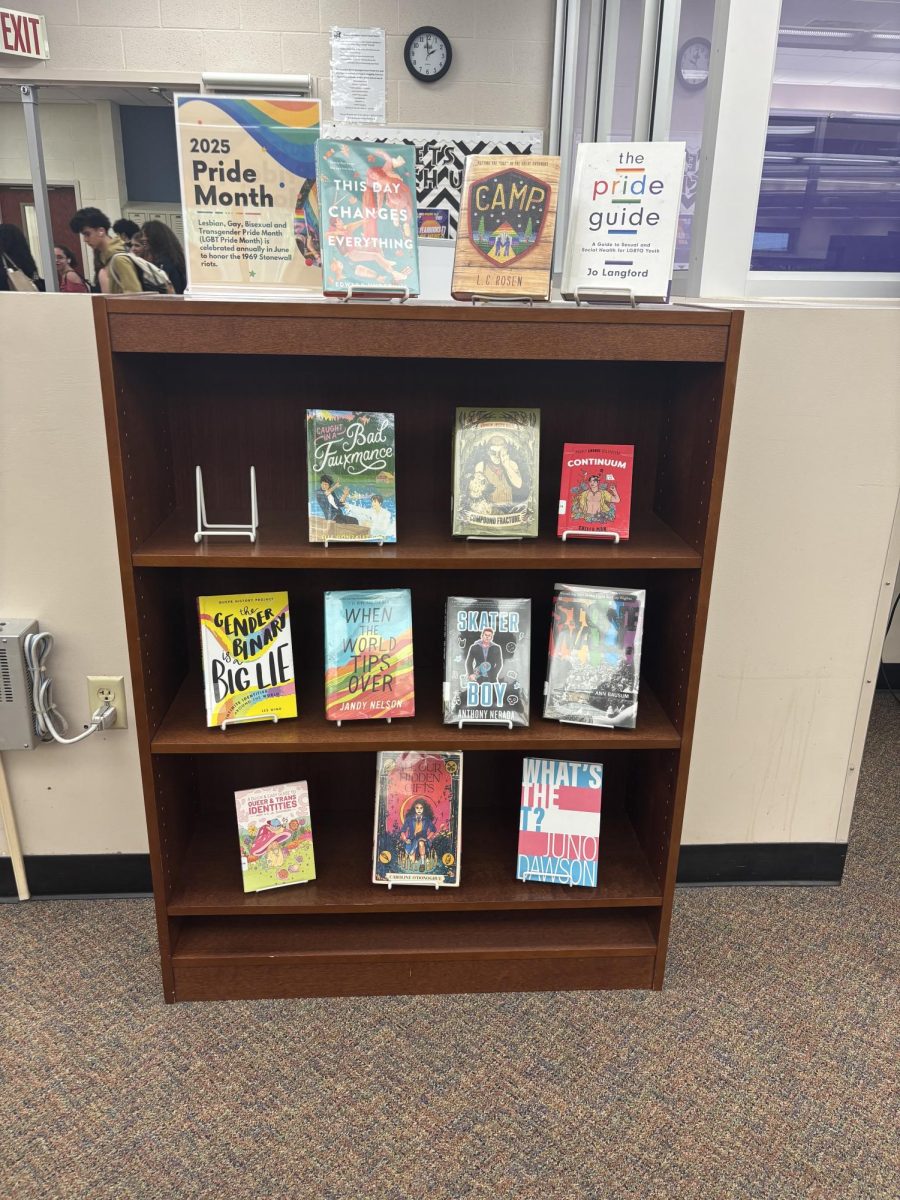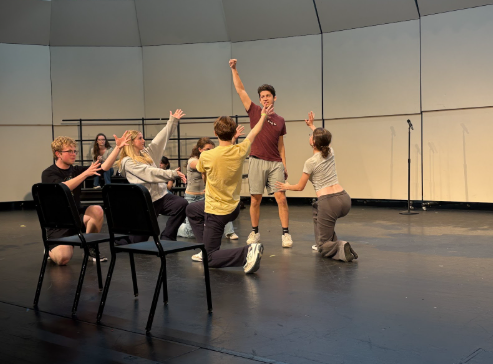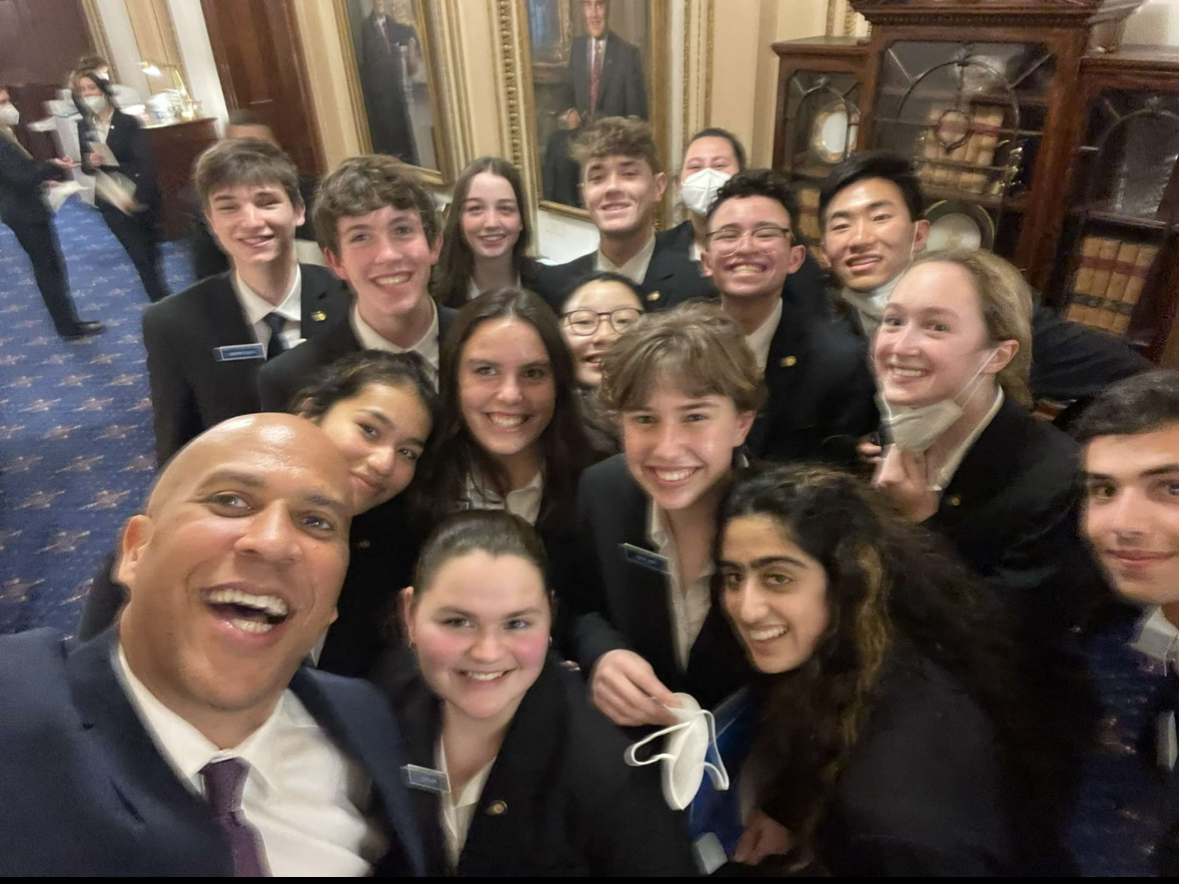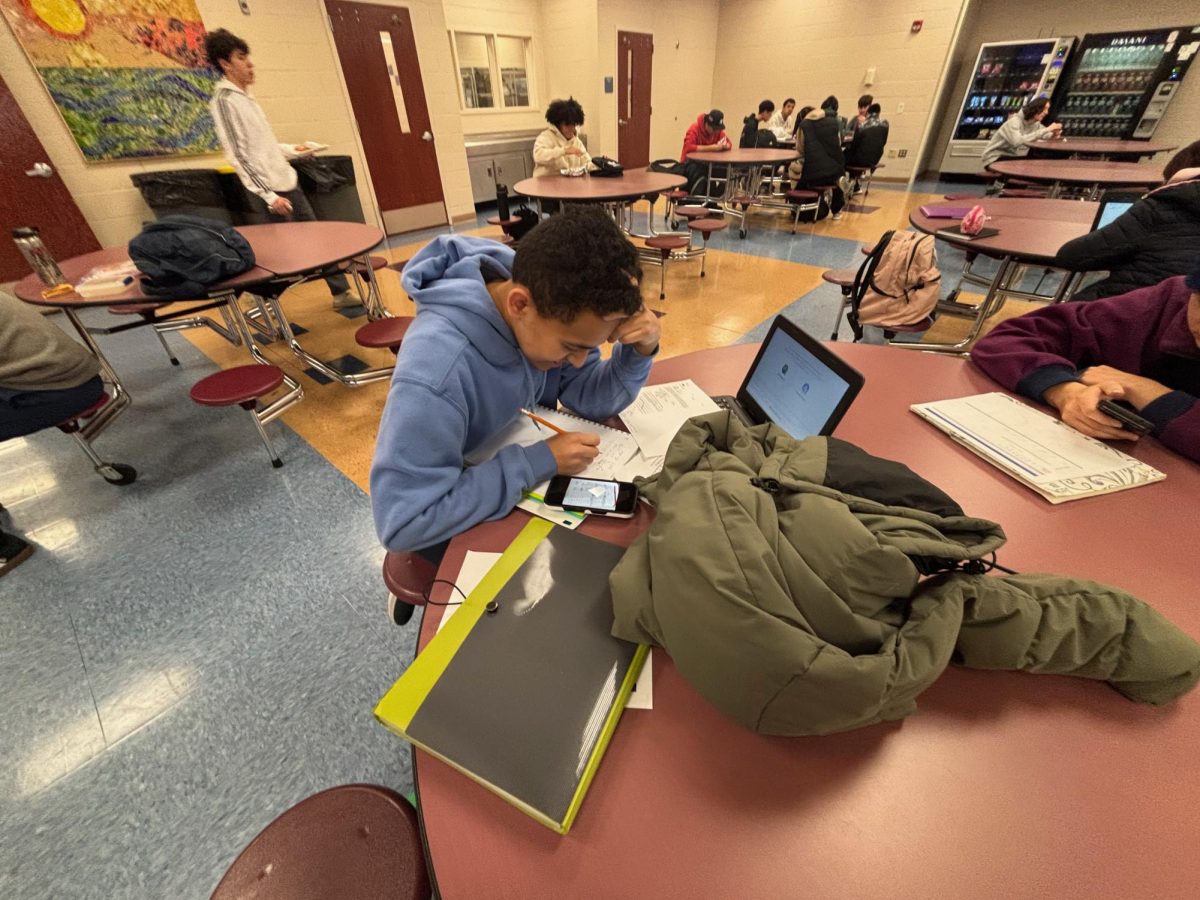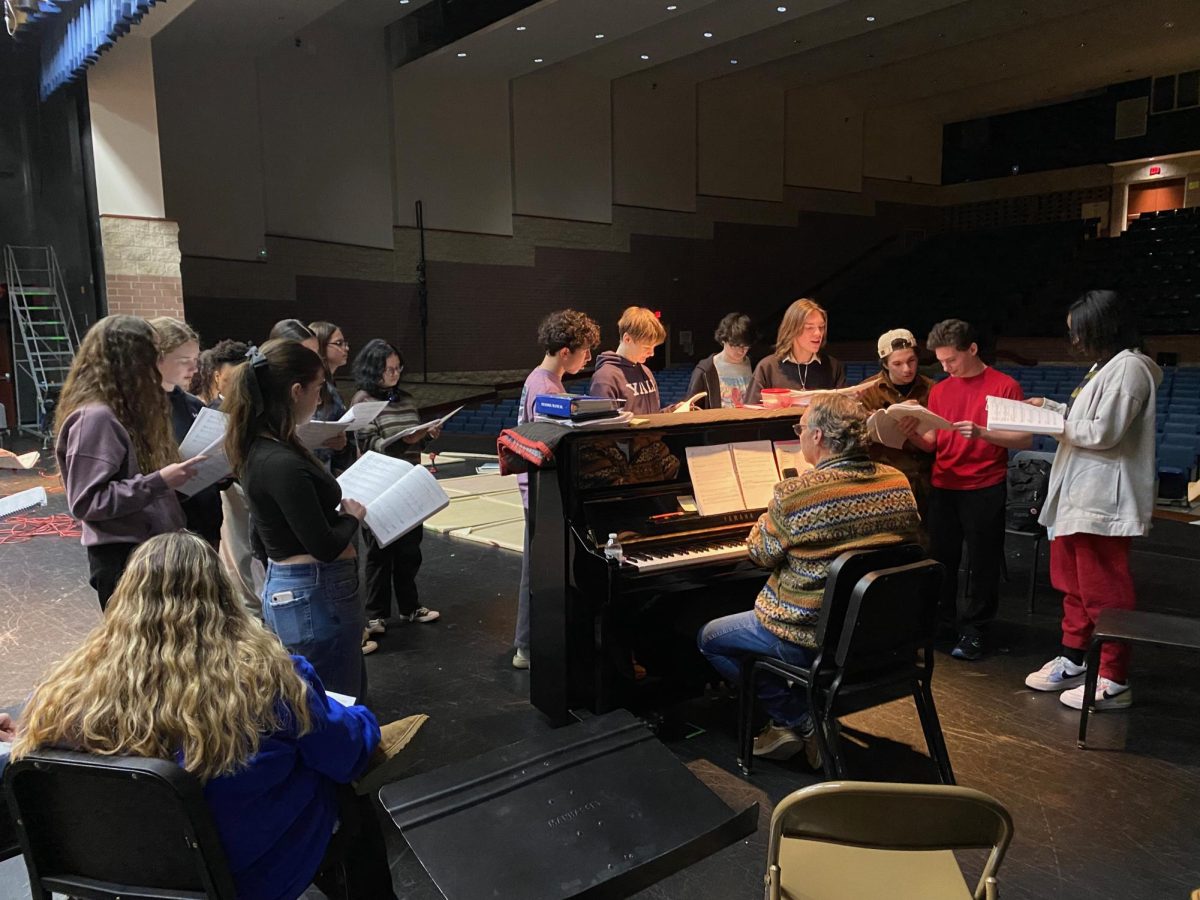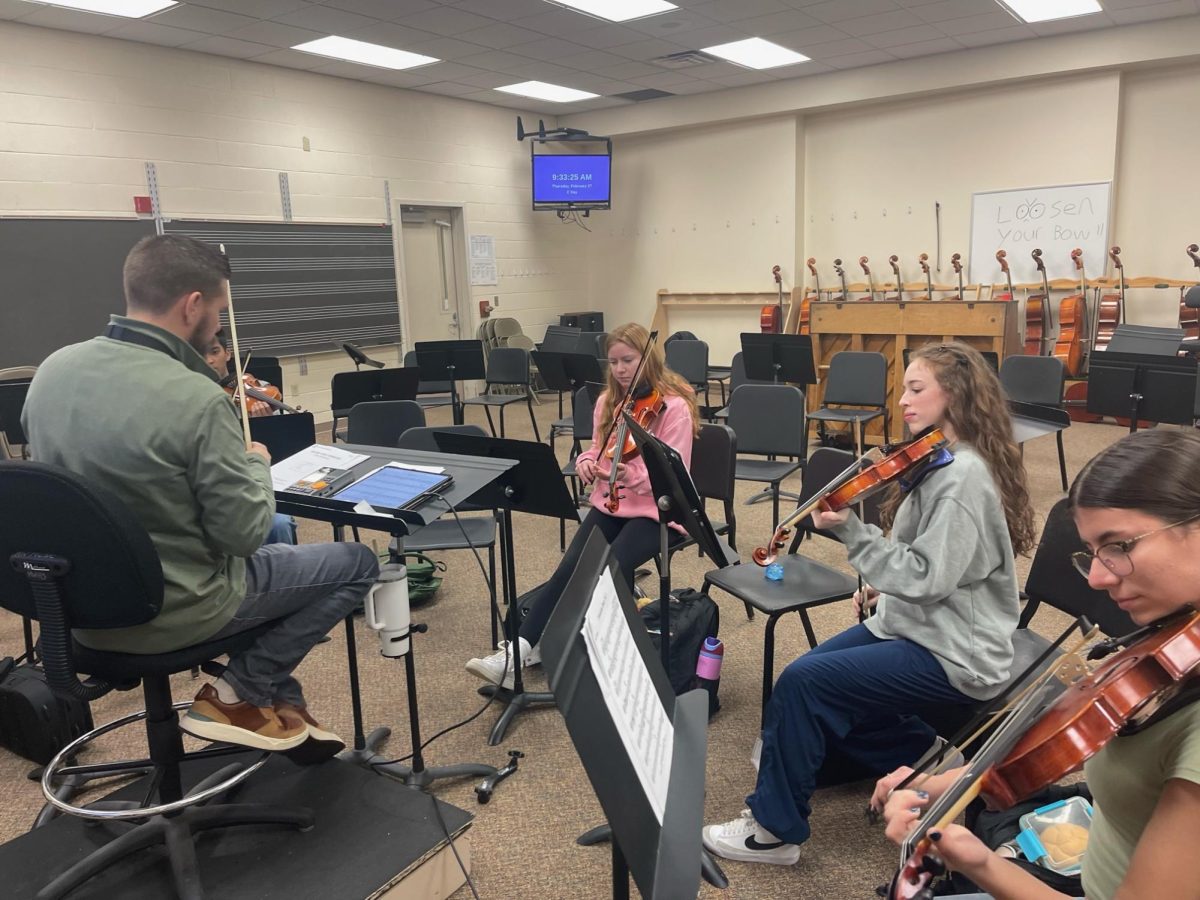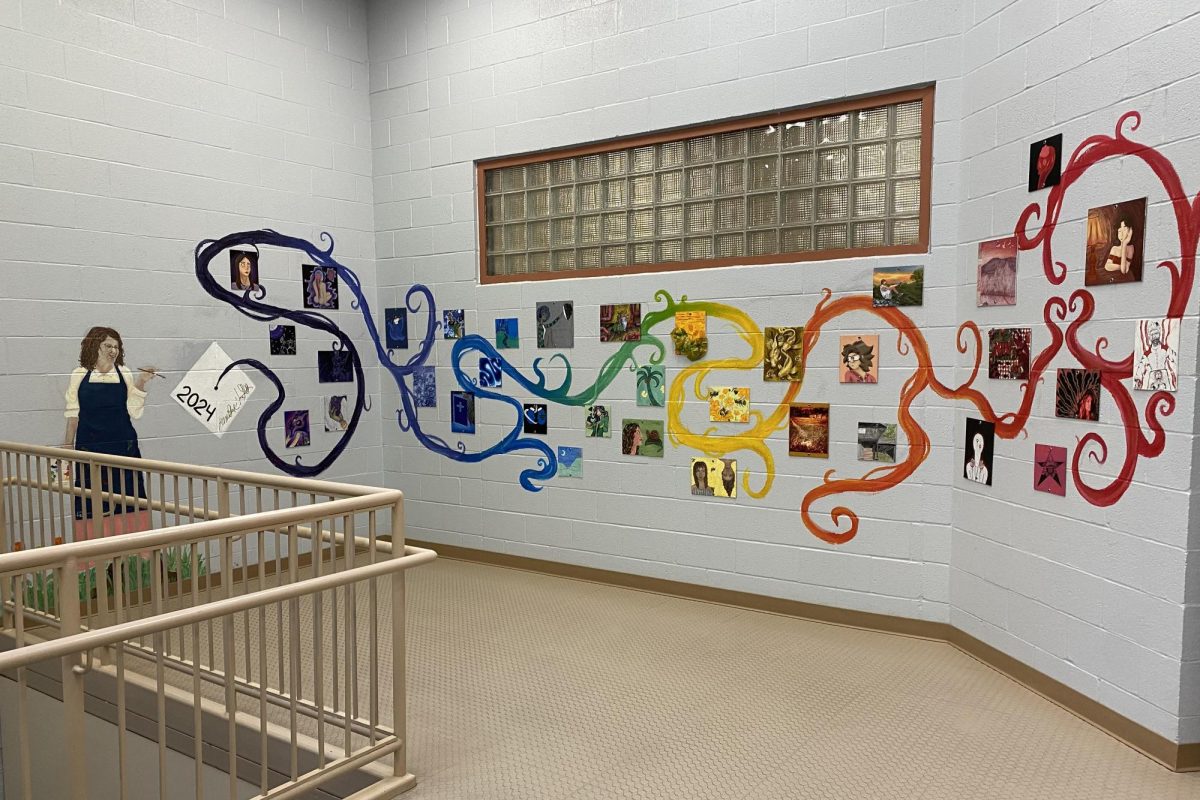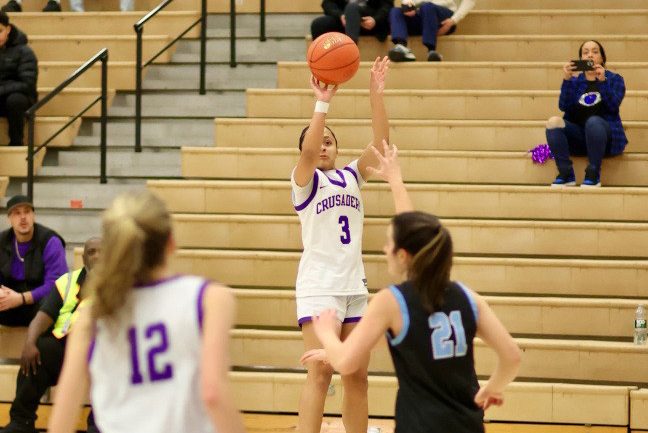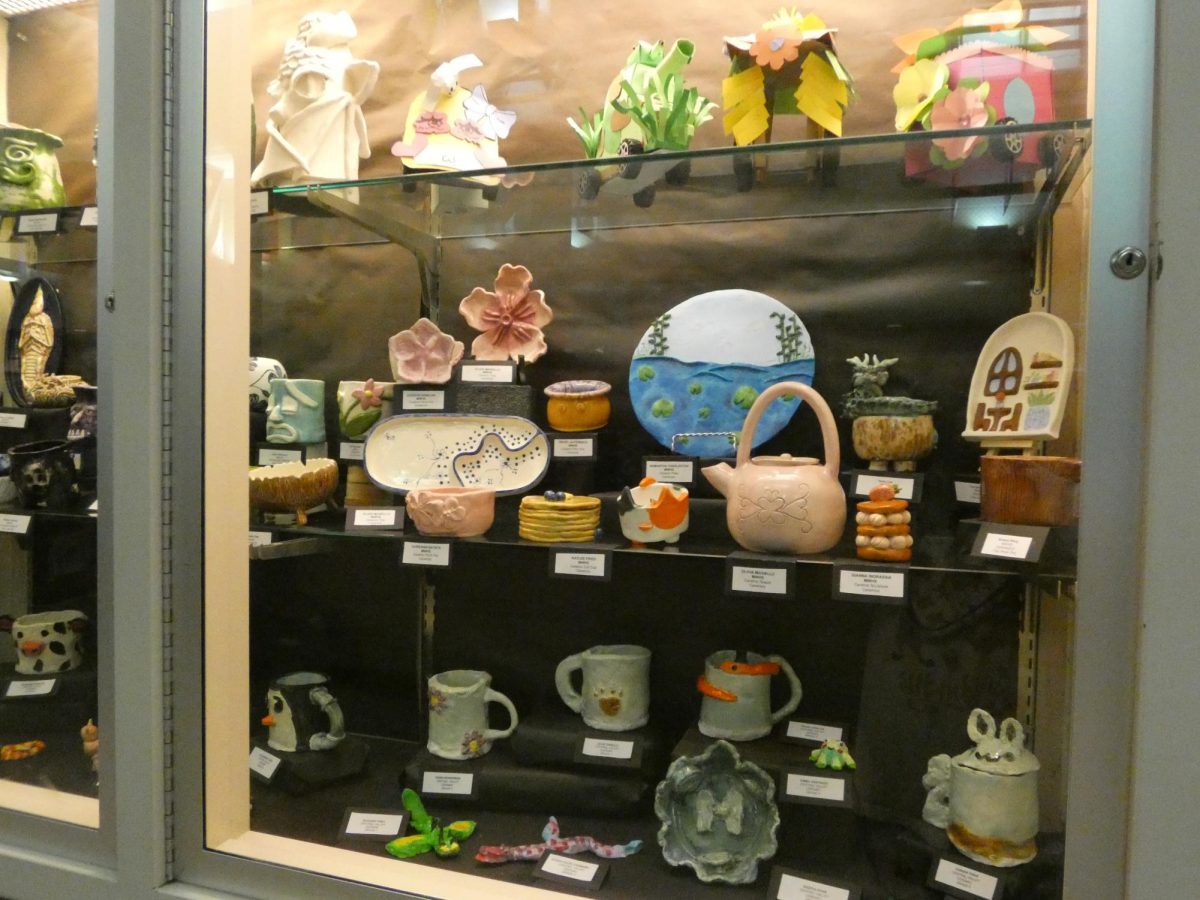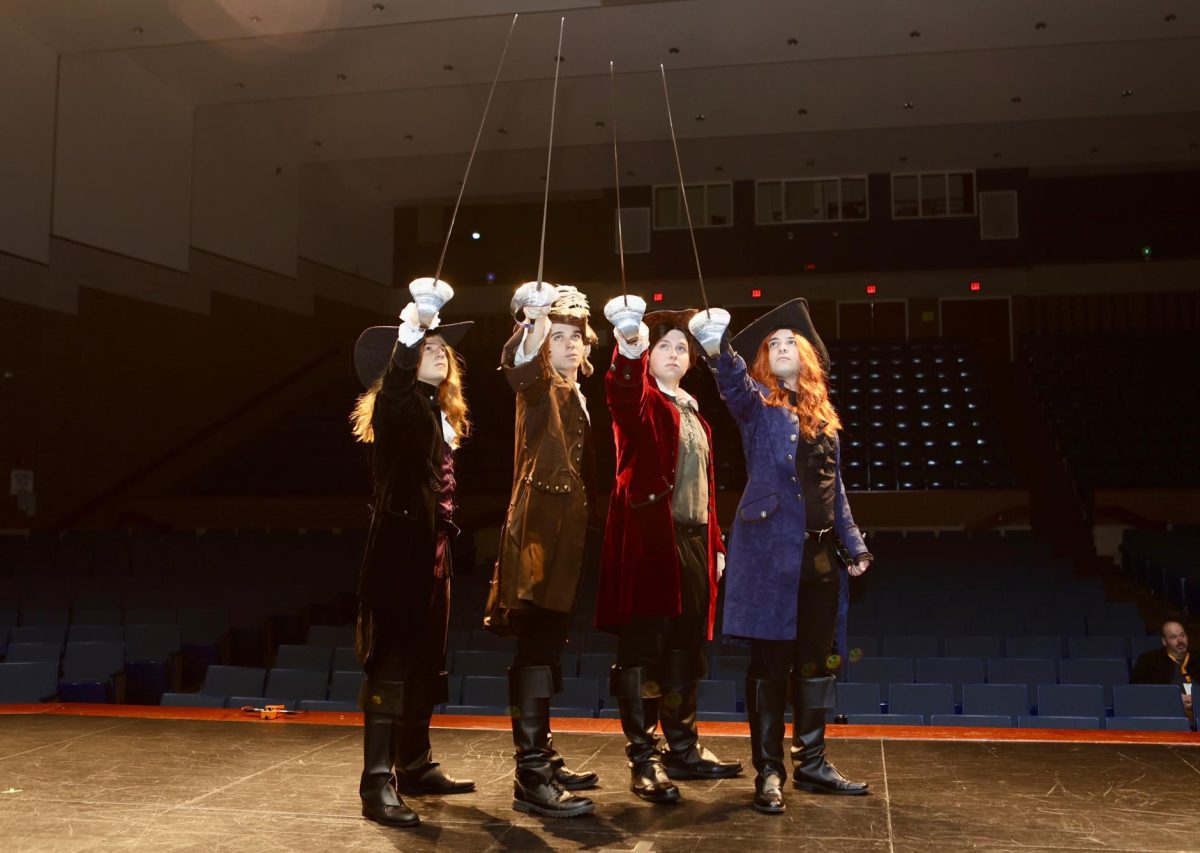Student involvement in clubs is important for building their personal and academic foundations. When students move from middle school to high school, they experience many changes and new challenges. Joining clubs and extracurricular activities can benefit their new high school life.
Clubs give students the opportunity to learn about themselves and what they enjoy outside of the classroom setting. In high school, there’s a diversity of clubs for students to join, from academic organizations, like Science Olympiad and Math Team, to creative outlets, like Drama Club and Pendragon.
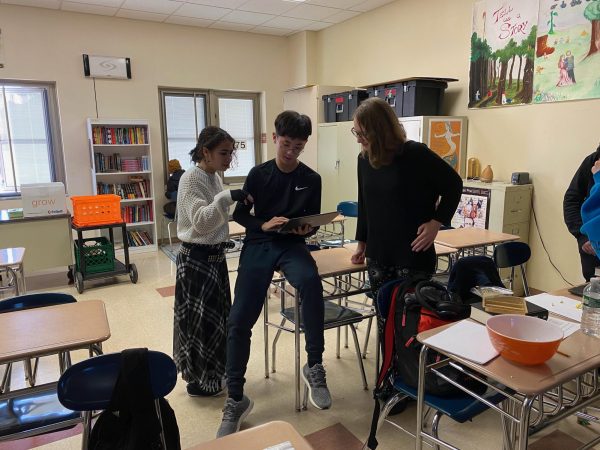
“I would say that I choose to participate in the Drama Club due to how much it has affected me over the years. The fact that being in that club has brought me so many opportunities, relationships, and meaningful skills have made it irreplaceable among my extracurriculars. I would highly recommend joining. I doubt you’d regret it,” said Jacob Ciriello, senior and member of Drama Club, over text message.
Such variety ensures that students will always find something that resonates with their own interests. A student deeply interested in the environment, for example, might sign up for the Environmental Justice Club, immersing themselves in actions that promote sustainability and awareness.
Involvement in clubs fosters critical life skills. Clubs demand teamwork, leadership, and communication, which are crucial for academic and career success. Joining a debate club can allow students to discover and develop their public speaking and critical thinking skills. As they meet and compete frequently, they learn to express their minds clearly and persuasively.
Ms. Bogart-Schmidt, Outdoors Club and Math Team adviser, said, “Some kids get leadership opportunities and life experiences that truly benefit the students.”
Colleges also look at the extracurricular activities that students participated in. This shows the character and skills a student might possess, and why they would be a good fit for that college. Students can use how clubs have affected their life, like through facing adversity or having to collaborate to solve a problem, in their college applications. These experiences build useful traits like leadership.
Harnoor Chilana, senior, is a member of Yearbook Club, who create and design the annual school yearbook.
“I joined Yearbook Club sophomore year, and I’ve learned a lot of things, like interacting with administration, designing spreads, organization, and fundraising. It also helped me get closer to a lot of my friends,” she said.
Most clubs at Monroe-Woodbury are student-run alongside an adviser, and this gives students independence and accountability. Students gain life experiences that shape them to be more responsible.
Many students learn about clubs through word-of-mouth. To build club attendance, teachers can inform students of they clubs that they lead. If students are vocal about the clubs they participate in, their friends and family may be inclined to join. Having many members can form a sense of community within the club. Clubs help students make friends, or just have more friendly faces around the school, creating a warmer school community for everyone.


